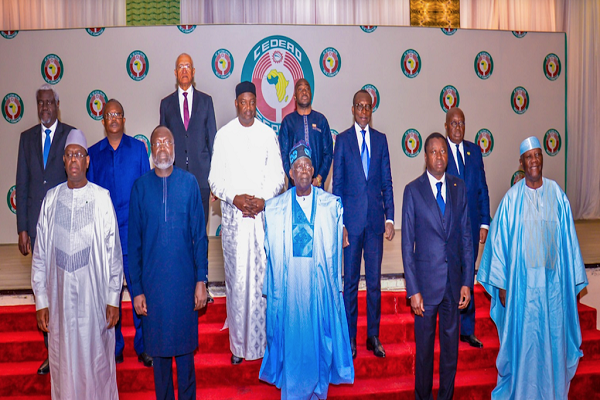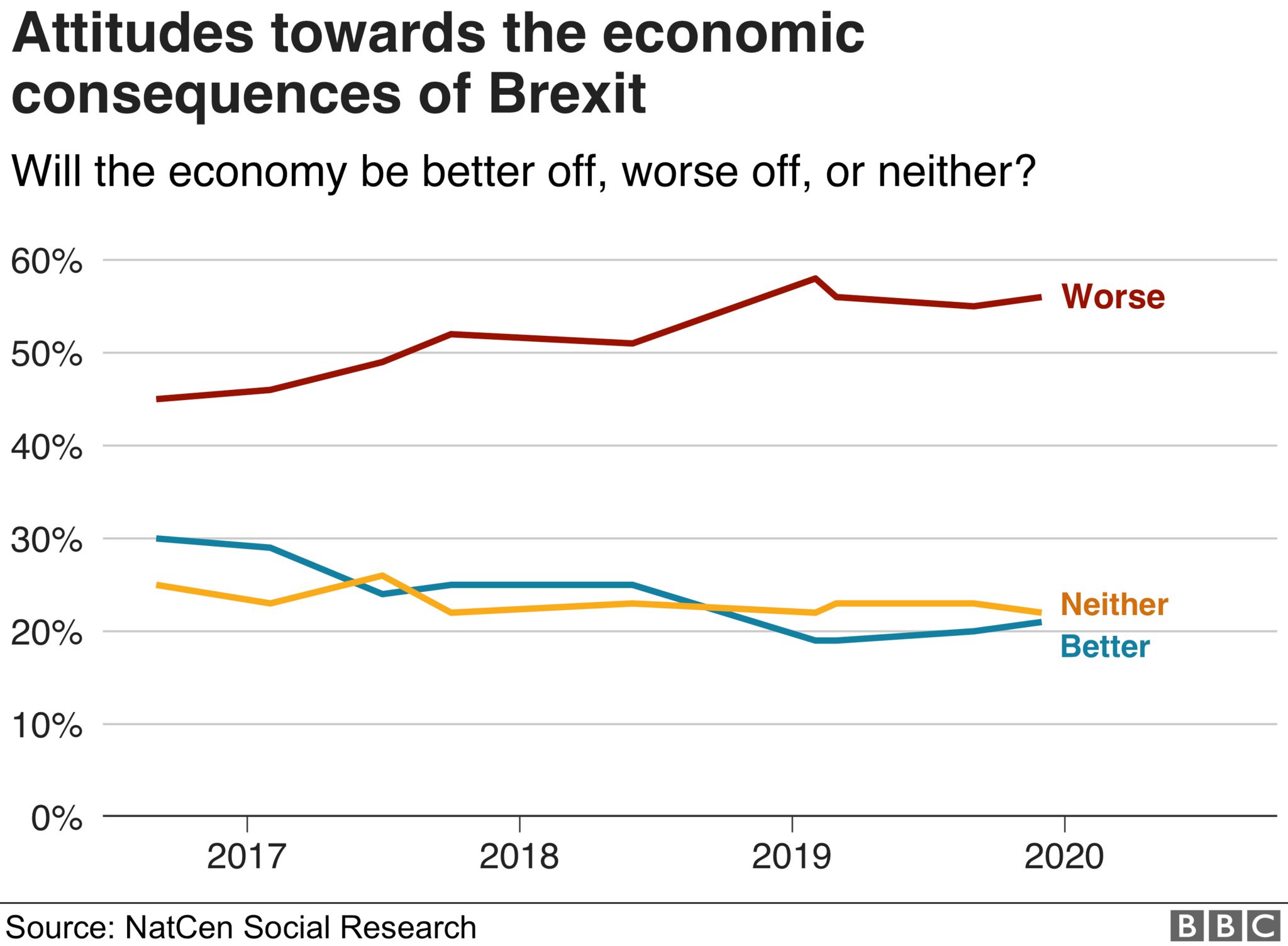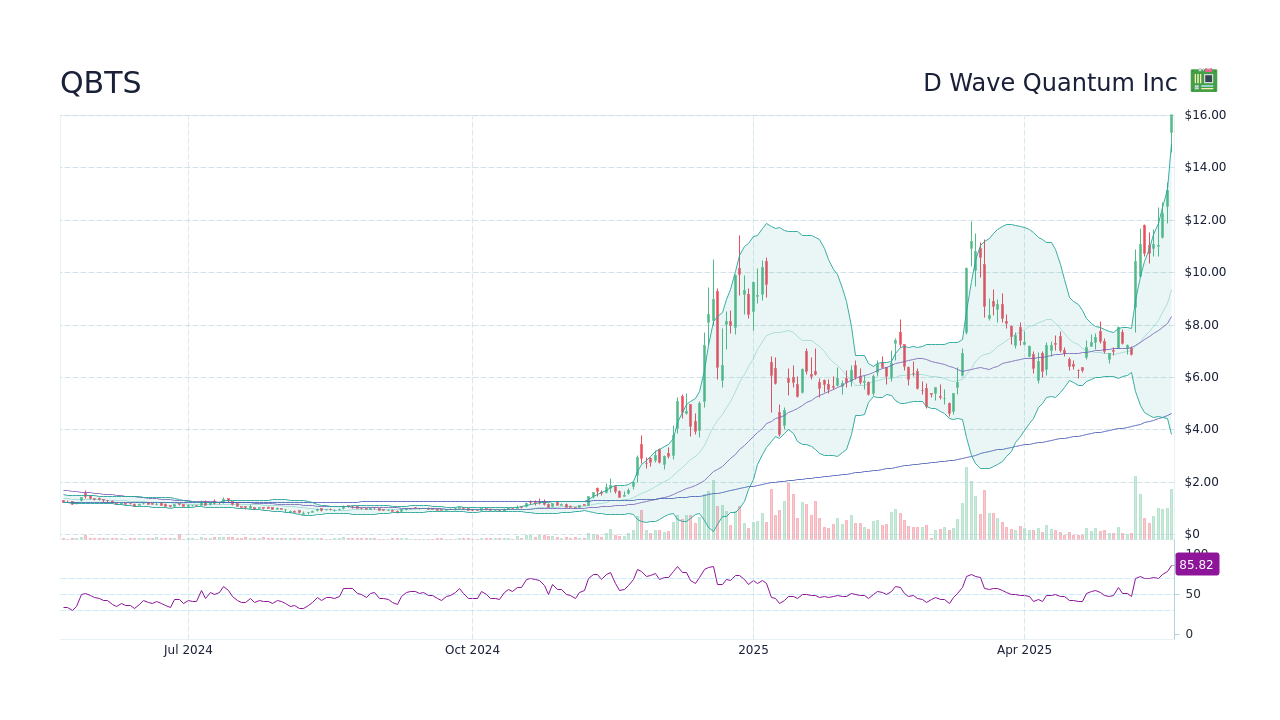ECOWAS Economic Affairs Department Sets Strategic Priorities At Niger Retreat

Table of Contents
Strengthening Regional Trade and Integration
A key focus of the ECOWAS Economic Affairs Department's strategic priorities is strengthening regional trade and integration. This involves tackling significant hurdles to facilitate smoother cross-border trade and promote the growth of regional value chains.
Reducing Trade Barriers
Streamlining customs procedures, harmonizing regulations across member states, and eliminating non-tariff barriers are crucial steps toward boosting intra-regional trade. The retreat specifically addressed:
- Delays at border crossings: The Department plans to implement technology-driven solutions, such as single window systems, to expedite customs clearance and reduce waiting times. This will significantly reduce logistical costs for businesses.
- Inconsistent regulations: Harmonization efforts will focus on aligning standards and regulations across various sectors, ensuring a level playing field for businesses operating within the ECOWAS region. This includes working towards a common market approach.
- Improved cross-border infrastructure: The Department recognizes the vital role of infrastructure in facilitating trade. Initiatives are underway to improve road networks, railway connections, and port facilities, particularly focusing on key corridors with high trade volumes. Partnerships with international organizations like the World Bank and the African Development Bank are being explored to secure funding and technical expertise for these crucial infrastructure projects.
Promoting Regional Value Chains
Developing and supporting regional value chains is another critical priority. This involves:
- Prioritizing key sectors: The ECOWAS Economic Affairs Department is focusing on developing value chains in agriculture (specifically, cassava, rice, and cocoa), manufacturing (textiles and agro-processing), and other sectors with high growth potential.
- Enhancing competitiveness: Strategies to enhance the competitiveness of regional products in global markets will involve improving product quality, branding, and marketing efforts. Support will be given to businesses involved in exporting ECOWAS goods.
- SME support: Small and medium-sized enterprises (SMEs) are vital to economic growth. The Department will implement initiatives to provide SMEs with access to finance, training, and market information to enable their participation in regional value chains.
Enhancing Infrastructure Development
Adequate infrastructure is essential for economic growth and integration. The ECOWAS Economic Affairs Department is committed to investing in and improving key infrastructure components.
Energy Infrastructure
Reliable energy supply is critical for industrial development and economic activity. The Department is prioritizing:
- Renewable energy projects: Investment in renewable energy sources, such as solar and wind power, will reduce reliance on fossil fuels and contribute to sustainable development.
- Private sector partnerships: The Department is actively seeking partnerships with private sector investors to attract capital and expertise for energy infrastructure projects.
- Sustainable energy solutions: A focus on sustainable and affordable energy solutions aims to reduce energy poverty and ensure access to reliable electricity for all citizens. Specific projects focusing on off-grid solutions for remote areas are being explored.
Transportation Infrastructure
Efficient transportation networks are crucial for connecting markets and facilitating trade. The Department's priorities include:
- Improved connectivity: The Department is focusing on improving connectivity between member states through the development of modern road, rail, and port infrastructure. This includes rehabilitating existing infrastructure and constructing new links.
- Regional infrastructure projects: Major regional infrastructure projects will be prioritized to boost economic integration and reduce transportation costs.
- Public-private partnerships: The Department will actively pursue public-private partnerships to leverage private sector expertise and investment in infrastructure development.
Promoting Diversification and Resilience
Economic diversification and resilience are crucial for long-term sustainability. The ECOWAS Economic Affairs Department's strategy focuses on key sectors.
Agricultural Development
Agriculture remains a significant sector in the ECOWAS region. The Department is committed to:
- Sustainable agricultural practices: Promoting sustainable agricultural practices, including climate-smart agriculture, will enhance productivity and resilience to climate change.
- Food security: Improving food security is a key objective, with initiatives focused on increasing crop yields and diversifying food production.
- Rural development: Initiatives focused on rural development and farmer empowerment will be implemented to improve livelihoods and reduce poverty in rural areas.
Industrialization and Manufacturing
Industrial diversification is crucial for job creation and economic growth. The Department aims to:
- Job creation: Promoting industrialization and manufacturing will create jobs and boost economic growth throughout the region.
- Foreign direct investment (FDI): Attracting FDI is vital for financing industrial development and technology transfer.
- Supporting local industries: Policies designed to support local industries and increase their competitiveness will be implemented.
Conclusion
The ECOWAS Economic Affairs Department's retreat in Niger clearly outlined its strategic priorities for fostering sustainable economic growth and stability in the region. The focus on strengthening regional trade, enhancing infrastructure, and promoting diversification and resilience reflects a comprehensive and forward-looking approach. These initiatives, if successfully implemented, will significantly contribute to improving the lives of citizens across West Africa and create a more prosperous and integrated ECOWAS. To learn more about the ongoing efforts of the ECOWAS Economic Affairs Department and how you can participate, visit the official ECOWAS website. Stay informed about future developments in the ECOWAS Economic Affairs Department's strategic plan.

Featured Posts
-
 Brexits Negative Effect On Uk Luxury Exports To The Eu Market
May 20, 2025
Brexits Negative Effect On Uk Luxury Exports To The Eu Market
May 20, 2025 -
 Man Utd Joins Arsenal In Pursuit Of Matheus Cunha
May 20, 2025
Man Utd Joins Arsenal In Pursuit Of Matheus Cunha
May 20, 2025 -
 Lou Gala A Deep Dive Into The Decamerons Breakout Star
May 20, 2025
Lou Gala A Deep Dive Into The Decamerons Breakout Star
May 20, 2025 -
 New Regulations And Their Potential Impact On Londons Live Music Scene
May 20, 2025
New Regulations And Their Potential Impact On Londons Live Music Scene
May 20, 2025 -
 Nyt Mini Crossword Solutions And Hints April 26 2025
May 20, 2025
Nyt Mini Crossword Solutions And Hints April 26 2025
May 20, 2025
Latest Posts
-
 Qbts Earnings Announcement Implications For Investors
May 20, 2025
Qbts Earnings Announcement Implications For Investors
May 20, 2025 -
 Analyzing Qbts Stocks Performance Ahead Of Earnings
May 20, 2025
Analyzing Qbts Stocks Performance Ahead Of Earnings
May 20, 2025 -
 How Will The Next Qbts Earnings Report Affect The Stock Price
May 20, 2025
How Will The Next Qbts Earnings Report Affect The Stock Price
May 20, 2025 -
 Qbts Stock Predicting The Earnings Report Impact
May 20, 2025
Qbts Stock Predicting The Earnings Report Impact
May 20, 2025 -
 The Gretzky Trump Relationship How It Affects His Public Image And Lasting Legacy
May 20, 2025
The Gretzky Trump Relationship How It Affects His Public Image And Lasting Legacy
May 20, 2025
